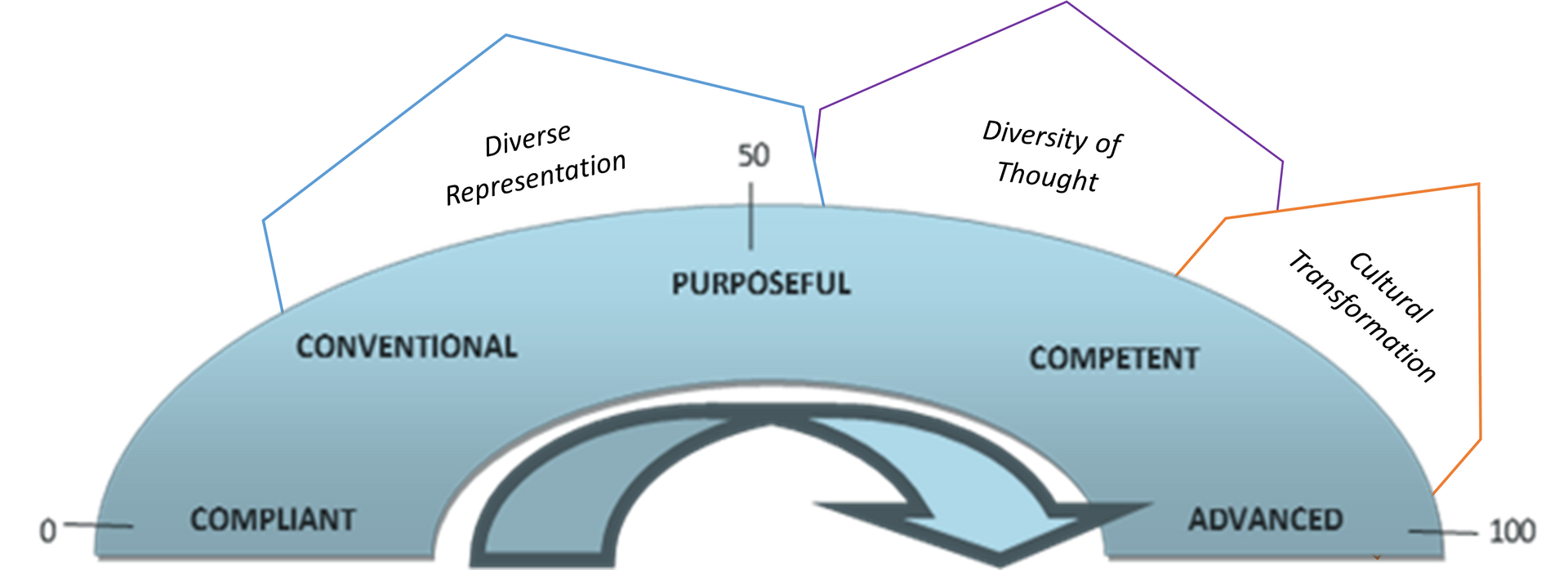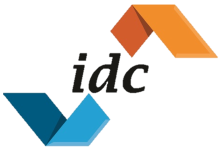iCAT™ Tool
Solve Complex Organizational Challenges with the Intelligent Culture Assessment and Transformation (iCAT)™ Tool

Contact
Dr. Anthonise Fields
CEO of E3 NexHealth and Lead Researcher
Leah Smiley
President of IDC
Partnership & Engagement Opportunities
Research Sponsors
- Subject Matter Expert Panel
- Industry-wide Validation Survey
- Pilot Project
- The Entire Measurement System, Cultural Threat Brief, and Toolkit
Early Adopters
- Pilot Stage
- Automation Stage
iCAT™ Tool Overview
In the engineering field, a single point of failure (SPOF) is any non-redundant part of a system that, if dysfunctional, would cause the entire system to fail.
In the healthcare field, we tend to shy away from talking about failures, even when it should be a necessary part of complex discussions about healthcare outcomes. Beyond legal risks, healthcare organizations jeopardize their brand, commitment to quality, and leadership potential when they ignore or minimize how different individuals have been failed by the system that was designed to help them.
Through research, the Institute for Diversity Certification (IDC)® and E3 NexHealth identified seven (7) elements that would result in a cultural misalignment, thereby increasing the risk of a system failure. Without understanding the complexity, interconnectedness, and multi-faceted layers of an organization’s cultural elements, the risk of succumbing to environmental threats increases exponentially.
Want to change the prognosis? Apply a broad-based lens to cultural threats and engage in a smart assessment process that is designed to save time, conserve resources, and transform patient care outcomes—including but not limited to achieving health equity goals.
IDC and E3 NexHealth have launched a groundbreaking and immersive workplace performance system: the Intelligent Culture Assessment and Transformation (iCAT)™ tool. This innovative predictive modeling solution leverages the power of research and AI to optimize and improve health care outcomes.
Using an inclusive excellence lens, the tool will scan the internal and external landscape and propel a transformation in the workplace through a weighted measurement system. As a valid and reliable assessment tool, the iCAT™ assists with cultural alignment and risk management, as well as provides real-time feedback regarding policies, practices, and people.
This innovative tool is the roadmap to a high-performing, diverse, and sustainable organization.
iCAT™ Tool Objectives
This AI-powered platform empowers organizations to:
Diagnose the Current Culture
Discover your position on the Cultural Measurement and Development Continuum.
Chart a Clear Path
Receive custom recommendations for improving staff and patient experiences.
Predict and Optimize
Utilize predictive modeling to assess the cultural impact of new or modified initiatives, saving time and resources.
Achieve Operational Excellence Goals
Successfully apply AI to a patient-centered care model and future-proof sustainability efforts.
Manage Risk
Ensure cultural alignment during mergers/acquisitions and prevent lawsuits.
Monitor and Report
Track and report progress, as well as benchmark your results against peers.
Cultural Measurement and Development Continuum

This visual illustrates the content covered in the Certified Diversity Professional (CDP)® and Certified Diversity Executive (CDE)® certification systems.

DEI Knowledge Domains Relevant to the iCAT™
CDP® Domains
- A. Manage DEI Planning, ROI, and Budget
- C. Promote DEI Organizational Culture and Engagement
- F. Coordinate DEI Education and Development
- G. Influence Organization’s DEI Communications
CDE® Domains
- A. Engage in Professional Self-Development and Continuous Learning
- B. Advance Leadership for Organizational DEI
- C. Manage DEI Strategic Planning and Budget
- D. Champion Organizational DEI Policies, Compliance, and Governance
- E. Champion Organizational Values and Inclusive Culture
- F. Advance Organizational Staff Education, Development, and Training
- G. Leverage DEI Stakeholders and Partnerships
- H. Lead Organizational DEI Initiatives and Integration Efforts
- I. Collaborate on DEI Organizational Communications and Engagement
DEI Competencies Relevant to the iCAT™

Contact
Dr. Anthonise Fields
CEO of E3 NexHealth and Lead Researcher
Leah Smiley
President of IDC and co-Research Lead

Share On: